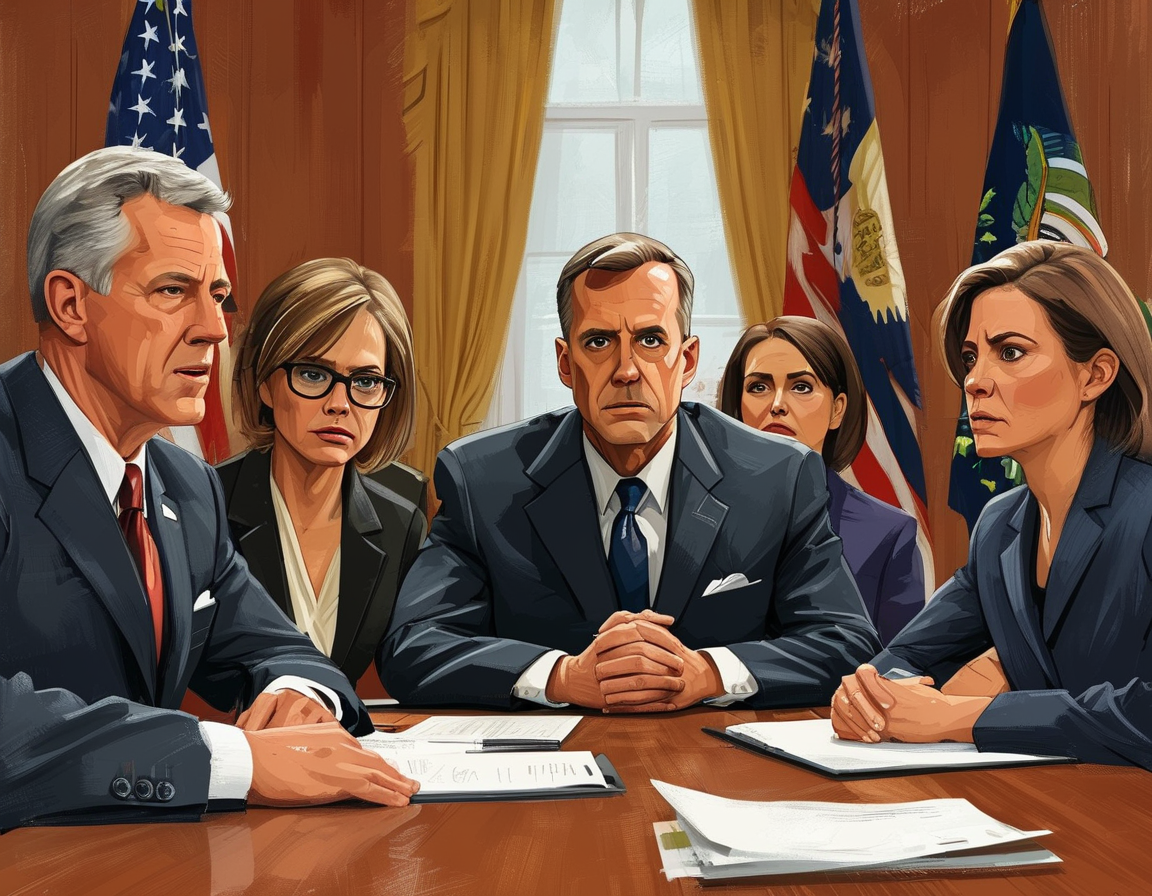
In a shocking move, the Trump administration has fired General Timothy Haugh, the head of the National Security Agency and US Cyber Command. News reports indicate that this dismissal is part of a broader purge among security officials. This unsettling trend raises crucial questions about the state of national security and loyalty within the upper echelons of government.
Concerns are mounting among Democrats and security experts alike. They argue that such firings threaten the foundational integrity of our national security. Representative Jim Himes expressed alarm, calling General Haugh an honest leader. His words resonate, as many worry about the ramifications of this removal on the nation’s cybersecurity posture.
The context surrounding General Haugh’s exit is equally compelling. It follows a controversial incident where a journalist was inadvertently included in a sensitive military discussion thread. While Haugh was not involved in the leak, it seems the fallout has opened the door to a new culture of paranoia regarding staff loyalty.
Laura Loomer, a far-right activist, had a meeting with Trump just days prior to these firings. Her influence has spurred fears that personnel decisions could hinge on personal loyalties rather than professional qualifications. This situation invites speculation: is the administration prioritizing political alignment over objective expertise?
The broader implications of this purge cannot be ignored. Critics warn that such actions foster a climate of fear among national security officials. It’s a departure from traditional practices where policies are debated based on intelligence rather than political connections. For the average citizen, this shake-up can feel disconcerting.
Additionally, it raises vital questions about transparency in government operations. The White House has been cryptic about these decisions, leaving the public in the dark. As trust erodes, citizens may rightfully ask: how does this impact their safety?
As this story unfolds, more information may emerge about the motivations driving these firings. Who else might be next on the chopping block? And what does this say about the current leadership’s stance on loyalty versus competency?
Conversations around national security are increasingly complex. The intertwining of personal agendas and public safety is a recipe for disaster. At a time when threats are abundant, the focus should remain on bolstering our defenses, not settling personal scores.
Trump’s decision to align with individuals like Loomer raises eyebrows. What is the message being sent to government officials who are tasked with keeping the nation safe? As the public wrestles with these dynamics, one thought persists: what does this mean for America’s future?
Echoes of this shake-up will undoubtedly resonate throughout government departments. Internal reviews and investigations into professionals’ conduct suggest that a new era of scrutiny is upon us. Will qualified staff remain, or will we witness the rise of a culture where job security is linked more to loyalty than capability?
In summary, the recent firings reflect a worrying trend of politicization in national security. Haugh’s dismissal highlights deeper issues within the administration. As the nation watches, the hope is that these changes will be reconsidered for the sake of national stability.
Leave a Comment